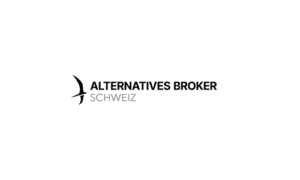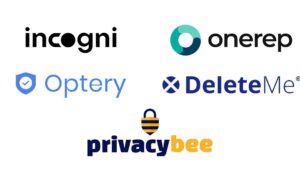There’s no such thing as a perfect broker out there, because every trader, looking for businesses for sale, has unique needs, experience levels, preferences, and not to mention financial resources. But, for a given individual, there is an ideal, just not a universal one. What’s the best way to locate the brokerage service that’s a good match for you? Luckily, there’s no need to reinvent the wheel. The single most effective starting point is a checklist. Working from a detailed list will help you move rapidly through the process by eliminating unqualified candidates quickly. Likewise, it’s easier to assemble a short list by utilizing a check sheet. What’s next?
Uncovering a brokerage firm suited to your preferred assets and level of experience means doing a little digging and research. But most people can get the job done in just a few hours. Find out whether companies are regulated by a financial authority. Then, read the fine print on websites to reveal all the expenses associated with trading. There are a few other techniques for identifying the broker who is ideal for you. Use the following suggestions to get started.
Use a Checklist
The simplest way to create a workable checklist is to write down every conceivable factor that seems important to you. Don’t worry about ranking the items in any particular order. The goal is to get everything on paper so you can check them against the brokerage firms as you scour the online landscape. Checklists serve several purposes, but when it comes to locating the brokerage firm you will be working with, they are invaluable. Attempt to include subjects on your checklist like the following:
- Regulatory authority that oversees the company
- Account opening minimum amount
- Withdrawal and deposit fees
- Verifiable online reviews
- Trading platforms offered
- Trading on mobile, desktop, tablet, other devices
- Methods allowed for depositing and withdrawing funds
- Customer service response time and accuracy
- Types of financial instruments offered: forex, stocks, CFDs, etc.
- Educational resources available
- Commissions, fees, charges
- Account balance insurance/protection
Your list does not have to look like the one above, but it is important to be as detailed as possible.
Find Out About Industry Regulation
Check the legal section of all brokers’ websites to learn how they’re regulated. It’s wise to avoid working with a company that is not under the purview of at least one major regulatory body. For example, if you are looking for a locally regulated forex broker in Canada, find out not only the name of the organization doing the oversight but how long the particular firm has been regulated. Most of the top firms have been covered by regulatory oversight since their inception.
Investigate All Potential Expenses
What are the costs of doing business with a trading firm? In addition to possible commissions, there can be added expenses like withdrawal fees, various penalties, and assorted annual or other costs. The only way to uncover all the pertinent information in this category is to read all the legal sections of each company’s site. It’s always best to know these facts before opening an account.
Look for Instrument Selection
The vast majority of trading enthusiasts have favorite instruments. Some prefer equity shares, while others focus on CFDs (contracts for difference), commodities, forex currency pairs, precious metals, etc. There’s no sense in investigating or researching a company if they don’t offer the instruments you want to trade. Fortunately, most reputable brokers post this kind of data front and center on their main pages. That way, you can eliminate or include them rather quickly based on this single qualification.
Go Undercover to Test Customer Support
Do a bit of clandestine but completely legal research by checking out firms’ customer service response times and accuracy. First, find out whether there’s a service phone number or email address. Contact it with several test questions that a new account holder might ask. Include any real questions you have. Another way to evaluate this category is to read online reviews. However, stick with reputable review websites that only post verified responses from actual customers. There is at least a half-dozen such sites you can check for reviews. Then, sit back and wait for a response. Evaluate the answers based on how truthful, accurate, and quick they are. Some of the better companies will surprise you with lengthy, informative responses only an hour or so after you contact them. Make careful notes about this category because you’ll likely be dealing with brokerage firm representatives during account setup and whenever you have questions about a transaction.



































